Dead Synchronicity: Tomorrow Comes Today
My game reviews are usually focusing on relatively old games. The main reason for this is that I buy most of my games on sale and games on sales don’t tend to be recent releases. This time, however, we have an exception. The dystopian point and click adventure Dead Synchronicity: Tomorrow Comes Today was released under a month ago, and I’ve already managed to play my way through it. Here’s my quick and dirty review.
Dead Synchronicity: Tomorrow Comes Today is developed by Fictiorama Studios, a Spanish indie game studio founded by 3 brothers; Mario, Alberto, and Luis Oliván. They describe their game as “a dark point and click adventure [with] old-school 2D graphic adventure game featuring space-time distortions, a dystopian atmosphere… and a dark, bloodstained plot”. About a year ago, Fictiorama Studios turned to Kickstarter for funding to complete the game, and that’s where I noticed it and pledged. I’m for some messed up reason drawn towards dystopian themed fiction, movies and game, so Dead Synchronicity: Tomorrow Comes Today was right up my alley. When the Kickstarter campaign ended, Fictiorama Studios had met their funding goal and even managed to raise enough money for their first stretch goal; 3 additional locations and 2 new characters.
In the game you play Michael, who wakes up in dark room with a bad case of amnesia. Not remembering a thing from the past is a classic way to start both adventure and role playing games since it makes it very easy for the developer to drop the player in the middle of the story without the need to provide a back story. You also get the immediate sense of mystery and adventure, since the player has to help the poor character figure out what happened. So the very beginning of the game is very regular, but that’s pretty much the only part of the Dead Synchronicity: Tomorrow Comes Today story where you’ll get the feeling that “someone else has done this before”. As a whole, the game’s narrative feels very original.
Michael finds himself in a world where a terrible pandemic is turning all of humanity into the Dissolved, and illness that provide the infected with supernatural cognitive powers. But it also steer them towards a gruesome death. They simply dissolve. The root of this illness seems to be the Great Wave, an inexplicable chain of natural disasters that destroyed all energy sources and communications and plunged the world into a chaos ruthlessly controlled by both the authorities and the army alike. Many people have been put in a refugee camp and Michael soon finds out he is one of them. By helping individuals he comes across in the camp and in the nearby city, one more shady than the other, Michael is able to slowly piece his past back together.
The art style is a blend of dark, hand-drawn, dystopian backgrounds and rather rough, and very distinct character art. The rugged design of the characters really suit the game, and gives it a very recognizable style that I’m curious to see if Fictiorama Studios will continue to use in their future games. Unlike many other adventure games, there’s a lot of music in Dead Synchronicity: Tomorrow Comes Today. The main reason is probably that two of the studio’s brothers are in a band called Kovalski, which wrote the game’s soundtrack. Even though the quality of the soundtrack is good, the use of it sometimes feels misplaced and forced. There are some parts of the game that could have easily worked better with the dialogue alone. If the compositions by Kovalski get too much for you, it’s possible to turn the music off, but that doesn’t feel right either since there are parts of the story that are made even more dramatic by the music.
Every piece of dialogue in Dead Synchronicity: Tomorrow Comes Today is voice acted, even Michael’s description of everything he sees around him. But the quality of the different voice actors goes from pretty good to cringeworthy. Some of the voice acting sounds like it’s simply being read from a piece of paper, which sort of leaves the “acting” out of “voice acting”. Thankfully, the guy doing the main character Michael is quite good. But that the quality of the voice acting isn’t prime across the board shouldn’t come as a big surprise. It’s a relatively low budget game, and my guess is that this is the first professional gig for many of the voice actors.
If you expect a lot of adventuring, you will be left disappointed. My impression is that the game is roughly 80% dialogue and interacting with other character, and 20% adventuring. Most of that 20% will be spent trying to figure out ways to use items in your inventory with the environment, or with other items you’ve collected. In spite of Dead Synchronicity: Tomorrow Comes Today’s very helpful hint system - you simply press space and the game will highlight objects in the environment you can interact with - it’s often far from obvious what you’re supposed to do. At least that’s how it felt to me, but then again, I’m not exactly a top-notch adventure gamer. I did from time to time give up and looked at a video walkthrough I found online.
In the end, I spent 8 hours completing Dead Synchronicity: Tomorrow Comes Today. If I had not “cheated” and looked at the walkthrough, I probably could have added an additional two hours to my gameplay. But it would also have driven me to the brink of madness. The 8 hours I played include an hour I spent to collect all the Steam achievement, some of which require you to do things that there’s a very good chance you won’t think of while playing the game - unless you try to use everything with everything.
Without spoiling anything form the story line, I can say that there is without doubt a possibility for a sequel to Dead Synchronicity: Tomorrow Comes Today. If we will ever see one or not is hard to say. Fictiorama Studios is a small indie developer, and even though the game is currently enjoying a 73/100 score on Metacritic and very positive reviews on Steam, we don’t know anything about how well the game is doing financially.
I, for one, will be happy to pledge again to any future Fictiorama Studios crowd funding campaigns, the developer has shown that it can deliver on their promises. So if the studio has to go the crowd funding route again to get a sequel released, I’m all ears.
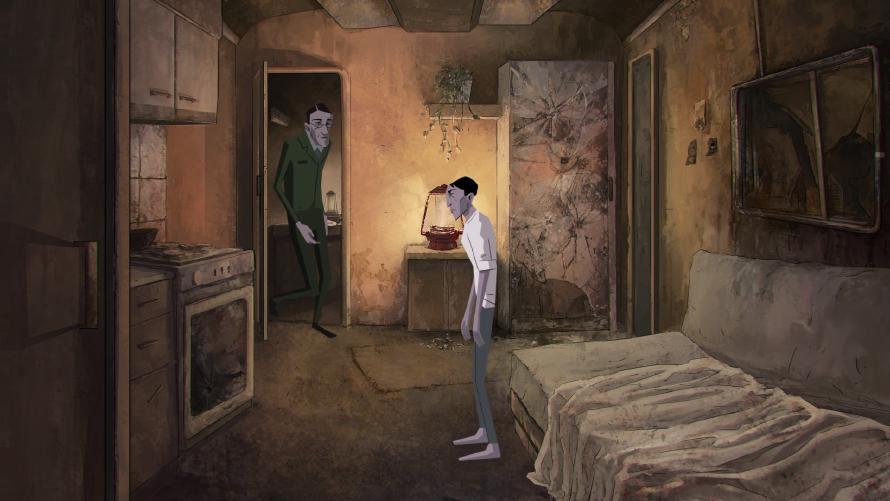
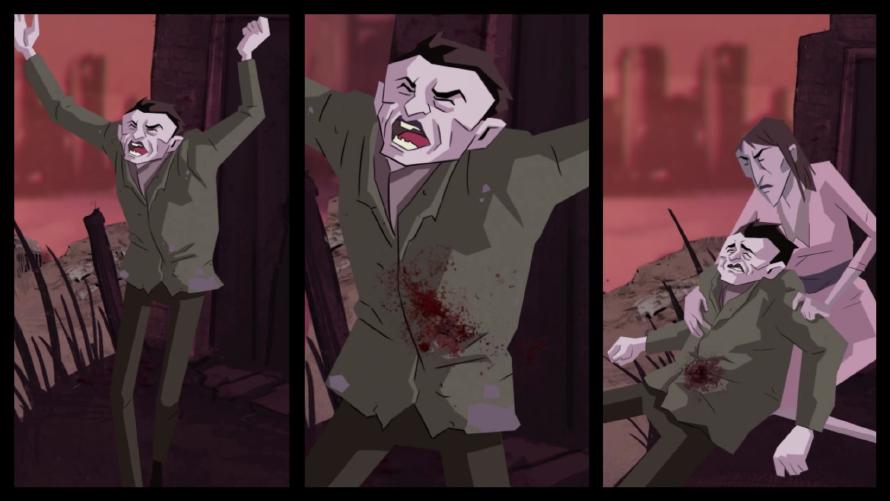
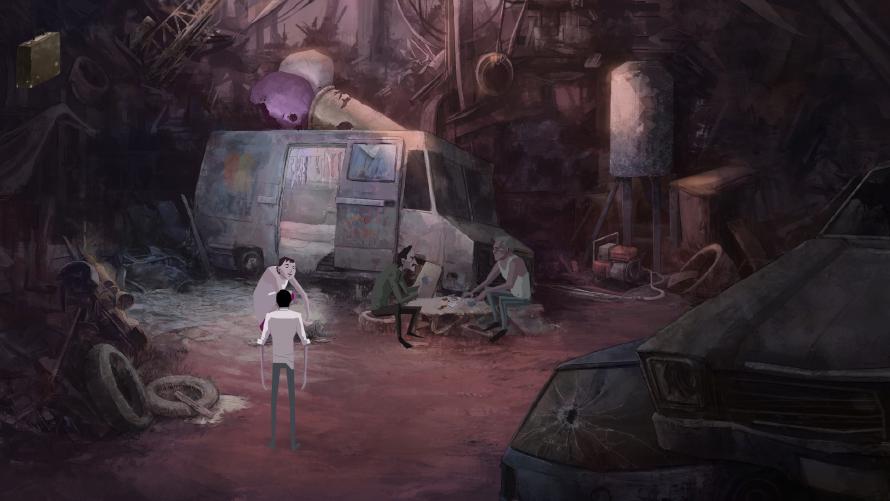
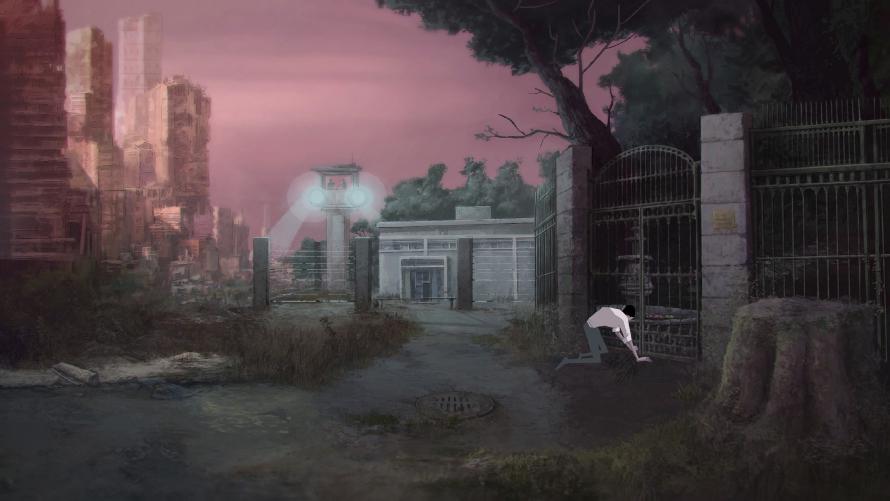
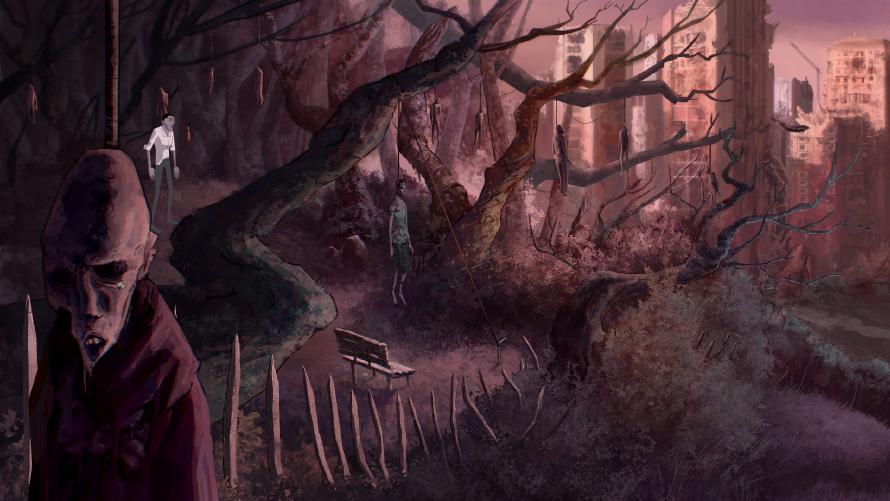
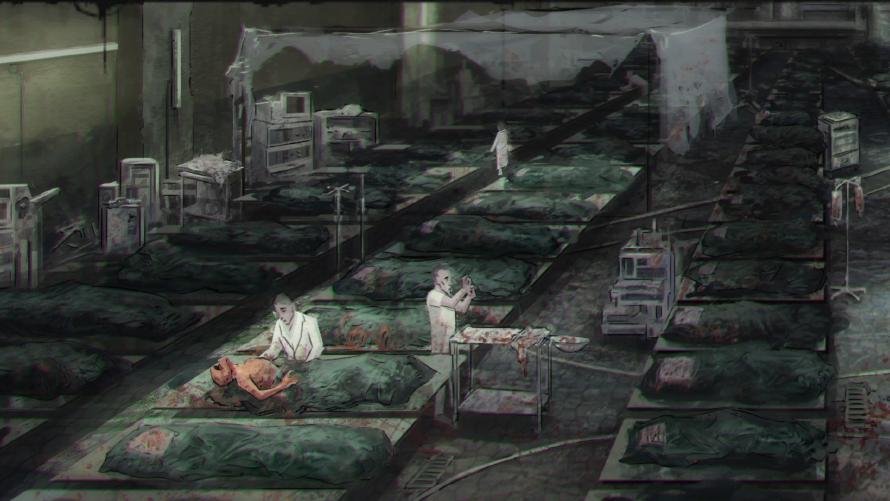
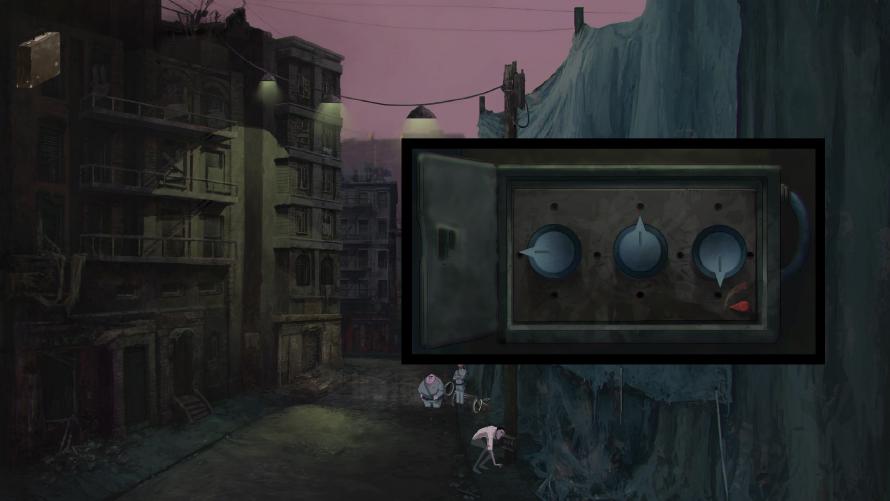
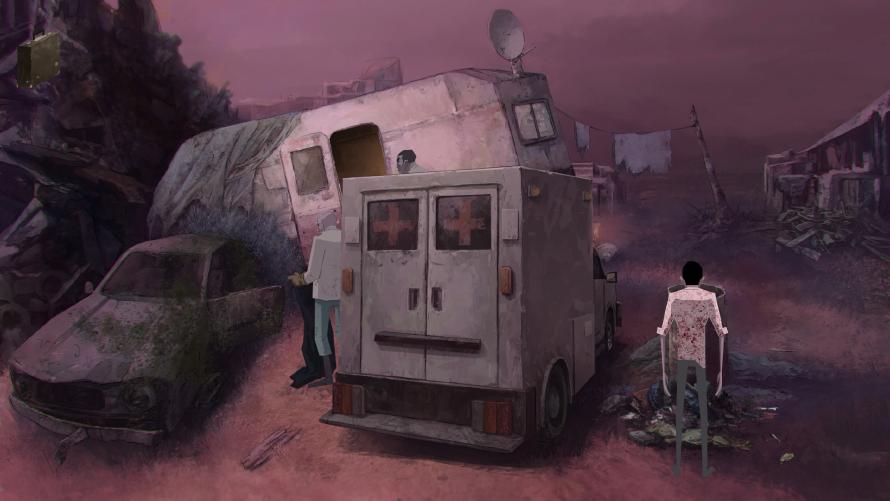
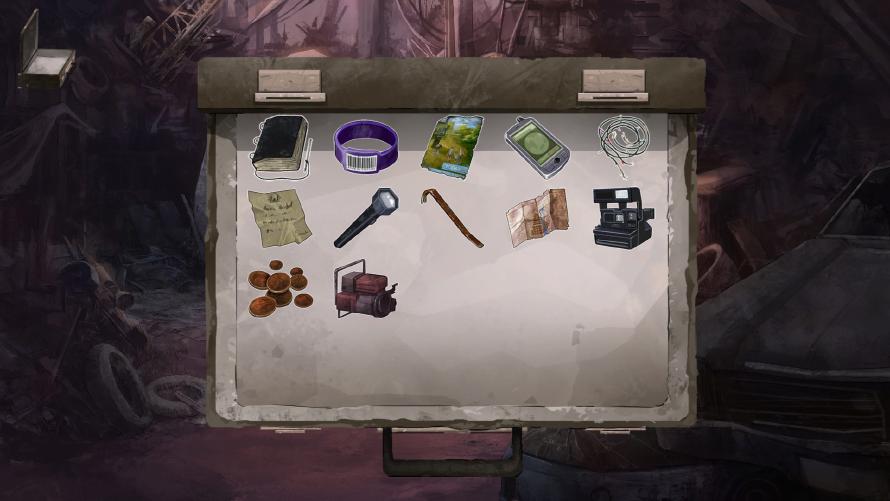
Feedback
This post has no feedback yet.
Do you have any thoughts you want to share? A question, maybe? Or is something in this post just plainly wrong? Then please send an e-mail to vegard at vegard dot net with your input. You can also use any of the other points of contact listed on the About page.